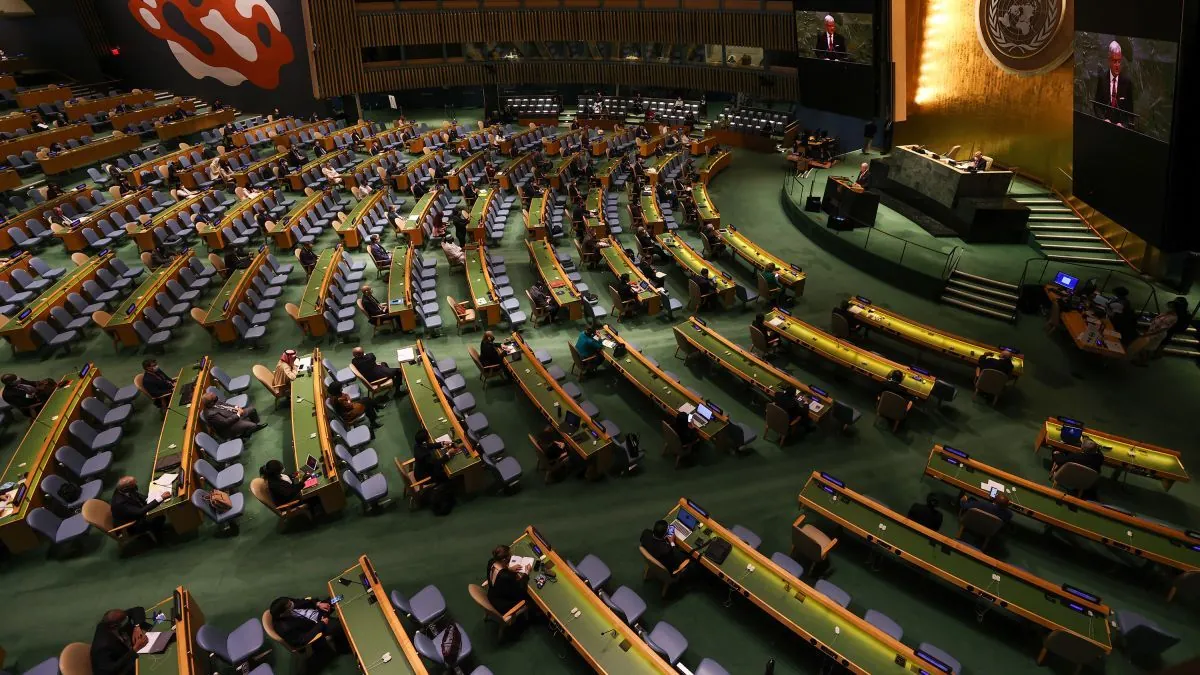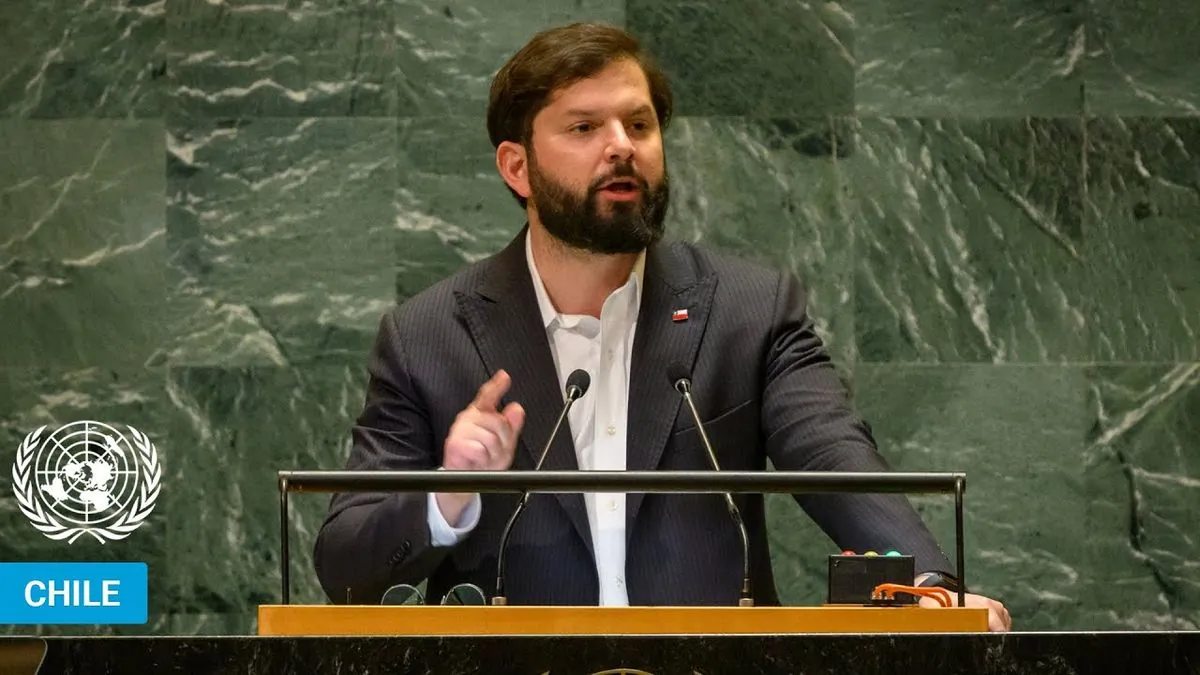UN Security Council Reform Gains Momentum as Latin America Showcases Diverse Foreign Policies
Brazil's long-standing push for UN Security Council reform receives global backing at the General Assembly. Latin American leaders present varied stances on international issues, reflecting the region's diverse foreign policy approaches.

Brazil's decades-long advocacy for United Nations Security Council reform has finally gained significant traction at the recent UN General Assembly summit in New York. The overwhelming majority of UN member states approved a "Pact for the Future" on September 24, 2023, vowing to enlarge the council and address underrepresentation. This development marks a pivotal moment for Brazil, which has been elected to the Security Council 10 times, more than any other non-permanent member.
The push for reform reflects a growing global sentiment for more inclusive international institutions. The BRICS group, originally formed in 2006 with four countries, expanded its membership in January 2023, signaling a shift in global power dynamics. This move, coupled with the recent UN developments, underscores the changing landscape of international relations.
Latin American leaders showcased diverse foreign policy approaches at the General Assembly. Argentine President Javier Milei criticized the UN as a "Leviathan" and denounced the 2030 Sustainable Development Goals. In contrast, Chilean President Gabriel Boric addressed human rights issues in Venezuela and the Israel-Gaza conflict. Brazilian President Luiz Inácio Lula da Silva focused on climate concerns and digital regulation.

"The UN is a Leviathan, and the 2030 Sustainable Development Goals are socialist."
The region's environmental challenges were highlighted by Google's decision to redraw plans for a $200 million data center in Chile due to water use concerns. This case exemplifies the intersection of technological ambitions and environmental regulations in Latin America. Data centers globally used an estimated 200-250 terawatt hours of electricity in 2020, about 1% of global electricity demand.
In Haiti, the Kenyan-led multinational security mission progresses slowly. Kenyan President William Ruto visited Haiti on September 21, 2023, announcing the deployment of additional forces. The United States has recommended classifying the intervention as a UN peacekeeping mission, a suggestion echoed by Haiti's interim president at the General Assembly.
Cultural shifts are also evident in the region. In Chile, a song from the national genre of cueca topped Spotify's most streamed list for the first time. This trend parallels the rising popularity of folk music among younger generations in Mexico. Cueca was declared the national dance of Chile in 1979, reflecting its cultural significance.
Mexico is preparing for a historic transition as it readies to inaugurate its first female president, Claudia Sheinbaum, on October 1, 2023. Sheinbaum will also be Mexico's first Jewish president, marking a significant milestone in the country's 67-president history since independence in 1821.
The incoming administration faces challenges, including a controversial judicial overhaul and the militarization of the National Guard. Created in 2019, the National Guard's potential shift to military control has raised concerns among security experts. The situation in Sinaloa, where cartel violence has resulted in numerous casualties, underscores the security challenges ahead.
As Latin America navigates these complex political, environmental, and cultural landscapes, the region's influence on global affairs continues to evolve. The diverse approaches displayed at the UN General Assembly reflect the multifaceted nature of Latin American foreign policy in an increasingly interconnected world.


































